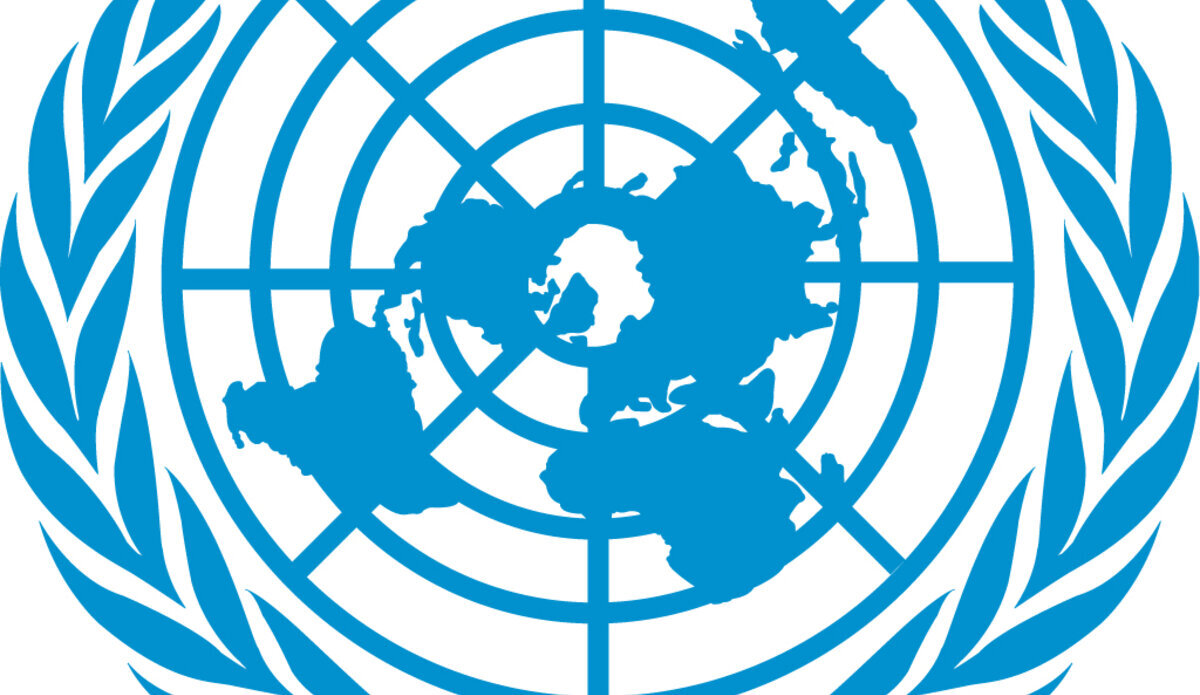UNAMA deeply concerned over detentions of Afghan women and girls
KABUL - The United Nations Assistance Mission in Afghanistan (UNAMA) is deeply concerned over recent arbitrary arrests and detentions of women and girls by Afghanistan’s de facto authorities because of alleged non-compliance with the Islamic dress code.
Since 1 January, in Kabul and Daykundi provinces, UNAMA has documented a series of hijab decree enforcement campaigns by the de facto Ministry for the Propagation of Virtue and the Prevention of Vice and the de facto police.
In the capital Kabul, large numbers of women and girls have been warned and detained. In Nili City of Daykundi province, women and girls have also been detained.
UNAMA is looking into allegations of ill-treatment and incommunicado detention, and that religious and ethnic minority communities appear to be disproportionately impacted by the enforcement operations.
To secure release, a mahram, or male guardian, has been required to sign a letter guaranteeing future compliance or else face punishment. UNAMA is also looking into allegations that payments have been demanded in exchange for release.
“Enforcement measures involving physical violence are especially demeaning and dangerous for Afghan women and girls,” said Roza Otunbayeva, Special Representative of the Secretary General and head of UNAMA.
“Detentions carry an enormous stigma that put Afghan women at even greater risk. They also destroy public trust,” Ms. Otunbayeva said.
UNAMA fears the current crackdown is pushing women into even greater isolation due to fear of arbitrary arrest, and creating a permissive environment for men to enforce repressive measures at home.
UNAMA has discussed these issues with the de facto authorities, including the de facto Ministry for the Propagation of Virtue and the Prevention of Vice, and calls for the immediate release of those detained.
UNAMA reiterates to the de facto authorities that Afghanistan as a state remains party to seven key international human rights instruments. United Nations Security Council Resolution 2681 (2023) also called on the Taliban to swiftly reverse the policies and practices that restrict the enjoyment by women and girls of their human rights and fundamental freedoms.
 UN
UN







